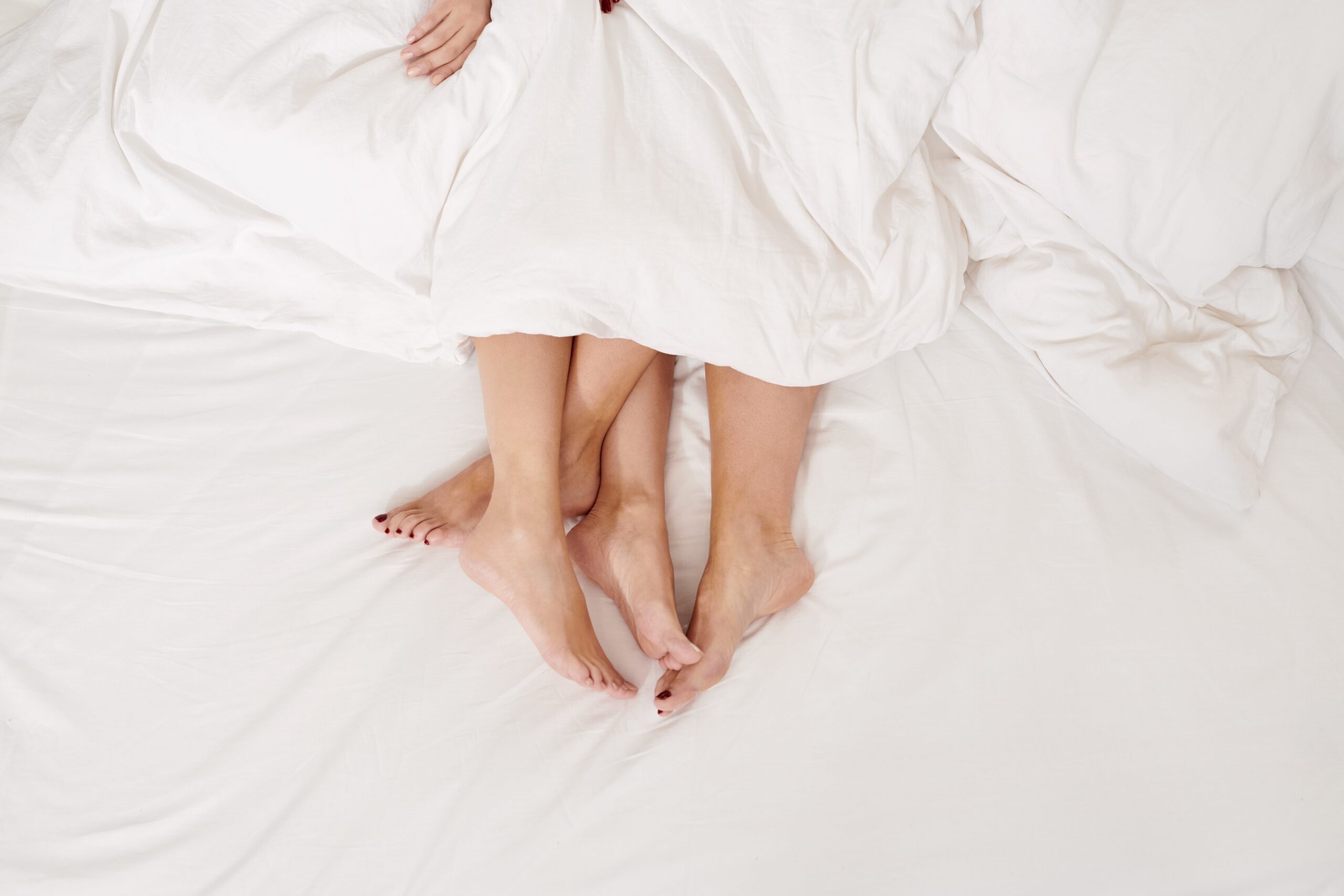
It’s common for your sex drive to fluctuate throughout your lifetime with many factors such as age, stress, hormonal changes and illness affecting libido. These changes are generally temporary and can be improved by making simple changes to your daily life.
Reduce alcohol consumption
Drinking heavily over a long period of time can cause men to have a lowered sex drive because it reduces testosterone levels. Depressants also alter body chemistry and can enhance the symptoms of conditions such as erectile dysfunction (ED).
Alcohol reduces blood flow to the penis and increases angiotensin, a hormone linked to both ED and depressing your central nervous system. Women can also be affected; drinking can prevent or delay an orgasm.
Some people notice an increased libido after reducing or quitting alcohol, along with having better sleep and more energy, both positives for a healthy and happy sex life.
Take time to meditate and relieve stress
Chronic stress can interfere with your body’s hormone levels, resulting in a low libido.
Your arteries can narrow and restrict blood flow in response to stress, which manifests into erection problems. Stress can also reduce your libido by distracting you and taking your mind off sexual desire.
Meditation and mindfulness produce a deep state of relaxation and a tranquil mind which helps to lower stress hormones in the body.
Eat libido enhancing foods
Eating a diet rich in vegetables and lean proteins, whilst low in foods that contain sugar and saturated fat, can also help to prevent disorders that affect your libido.
Berries contain flavonoids, and flavonoids help men achieve an erection acting as a ‘natural Viagra’. They can also be beneficial for people wanting to conceive because of the folic acid contents, which the body uses to create sperm cells.
Chickpeas are packed full of vitamin B6, essential for a healthy sex drive and increasing libido. They can help to regulate the production of testosterone, important for sex drive, along with dopamine, our feel-good hormones.
Get plenty of good quality sleep
Libido levels are influenced by the negative emotional and physiological feelings that come with irritability and bad mood.
Poor sleep decreases testosterone levels, the hormone responsible for increasing sexual desire and affects the female genitalia’s ability to lubricate during sex.
Maintaining a healthy sleep pattern is linked to mood and energy levels which can directly or indirectly impact sexual activity. The recommended amount of sleep show be between seven and nine hours of sleep each night to support good sexual health.
Make time for intimacy
Easing into sexual encounters by engaging in foreplay can help overcome symptoms associated with sexual performance anxiety (SPA) such as a fear of sex and a loss of interest in sexual activity.
Building up intimacy slowly helps relax the mind by focusing on simple and compounding sensations that eventually result in a satisfying experience.
Try beginning with a simple series of touches, or light kisses that lead to heavier physical engagements. Becoming more attuned to your surroundings will aid your ability to slow sexual anxiety, focus on your partner and enjoy the moment so your brain can be fully engaged during sex.
Quit smoking
Giving up smoking helps to boost sex drive, lowers the risk of erection problems and improves your ability to become aroused.
Smoking increases levels of carbon monoxide in a person’s body, which reduces the production of testosterone and therefore slows down the desire for sex in both men and women.
Quitting not only benefits your sex life – it reduces the risk of premature death and can add as much as 10 years to life expectancy.
Consult a medical professional
A temporary shift in the desire for sex can be completely normal, but if it is affecting your confidence and relationship, medication could help with the physical effects of sexual dysfunction.
There are many erectile dysfunction treatment options available. Viagra, also known by the generic name sildenafil tablets, or ‘the little blue pill,’ works by enhancing blood flow to the penis. Cialis, an alternative to Viagra, allows for spontaneous sex and is taken around 30 minutes before sex, lasting for up to 36 hours.


